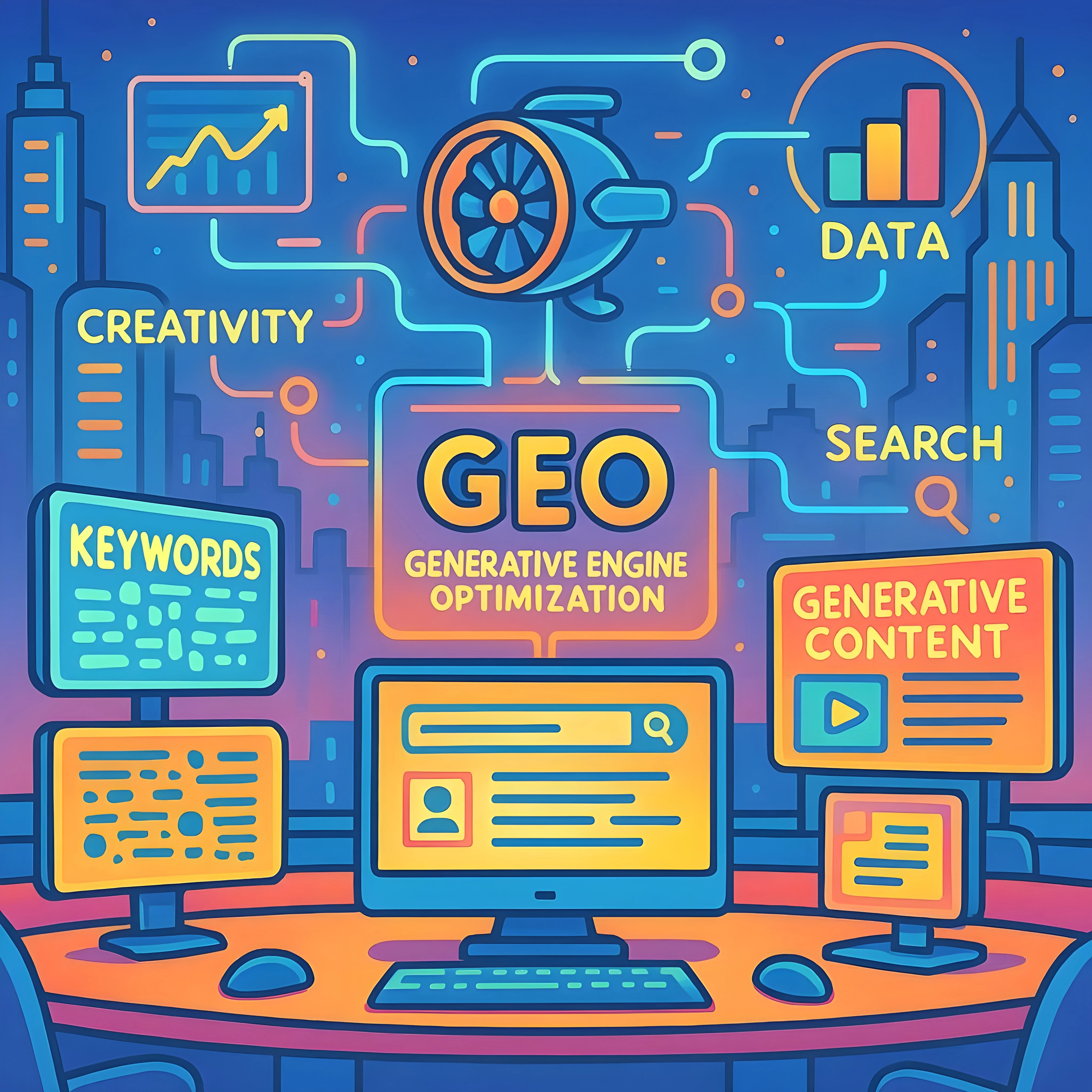The Impact of Emerging Technologies on Business Strategies
Learn to leverage innovation for growth and efficiency.

In the dynamic world of business, staying ahead of the curve requires embracing innovation and leveraging emerging technologies. These technologies are transforming industries, creating new opportunities, and posing unique challenges. Here’s a detailed look at how emerging technologies are impacting business strategies.
1. Artificial Intelligence (AI)
Enhanced Decision Making: AI and machine learning algorithms enable businesses to analyze vast amounts of data quickly and accurately. This leads to more informed decision-making and predictive analytics, allowing companies to anticipate market trends and customer needs.
Implementation: Companies can integrate AI in various departments, such as customer service (chatbots), marketing (personalized recommendations), and operations (predictive maintenance). AI tools like IBM Watson and Google AI offer platforms to develop tailored solutions.
2. Internet of Things (IoT)
Improved Efficiency: IoT devices connect various physical objects to the internet, allowing for real-time data exchange and monitoring. This connectivity enhances operational efficiency, reduces costs, and improves productivity.
Implementation: Businesses can use IoT for asset tracking, inventory management, and remote monitoring. For instance, manufacturing companies can implement IoT sensors to monitor equipment performance and predict maintenance needs, reducing downtime.
3. Blockchain Technology
Increased Transparency: Blockchain provides a secure and transparent way to record transactions and manage data. This technology is revolutionizing industries such as finance, supply chain, and healthcare by ensuring data integrity and reducing fraud.
Implementation: Companies can use blockchain for secure transactions, supply chain tracking, and identity verification. Platforms like Ethereum and Hyperledger offer tools to develop blockchain applications tailored to specific business needs.
4. 5G Connectivity
Faster Communication: The rollout of 5G networks offers significantly faster data speeds and lower latency. This enhanced connectivity supports advanced technologies like autonomous vehicles, smart cities, and remote surgery, driving innovation across sectors.
Implementation: Businesses should prepare for 5G by upgrading their network infrastructure and exploring new applications that require high-speed connectivity. Industries like telecommunications, healthcare, and transportation will particularly benefit from 5G technology.
5. Augmented Reality (AR) and Virtual Reality (VR)
Enhanced Customer Experiences: AR and VR technologies offer immersive experiences that can transform how businesses engage with customers. From virtual showrooms to AR-based product demos, these technologies are revolutionizing customer interactions.
Implementation: Retailers can use AR apps to allow customers to visualize products in their own space, while VR can provide virtual tours and training simulations. Tools like Oculus Rift and ARKit make it easier for businesses to create immersive experiences.
6. Big Data and Analytics
Data-Driven Strategies: The ability to collect and analyze large datasets is crucial for modern business strategies. Big data analytics provides insights into customer behavior, market trends, and operational efficiency, enabling data-driven decisions.
Implementation: Businesses should invest in big data platforms like Hadoop and Apache Spark to handle and analyze large volumes of data. Implementing advanced analytics tools can help companies gain competitive advantages through data-driven insights.
7. Cloud Computing
Scalable Resources: Cloud computing offers flexible and scalable IT resources, enabling businesses to manage their infrastructure more efficiently. This technology supports remote work, reduces IT costs, and enhances collaboration.
Implementation: Companies should leverage cloud services like AWS, Microsoft Azure, and Google Cloud to manage their IT needs. Cloud-based applications and services can streamline operations and facilitate digital transformation.
8. Robotics and Automation
Increased Productivity: Robotics and automation technologies streamline repetitive tasks, improve accuracy, and enhance productivity. These technologies are crucial for industries like manufacturing, logistics, and healthcare.
Implementation: Businesses can implement robotic process automation (RPA) for administrative tasks, deploy industrial robots in manufacturing, and use service robots in customer-facing roles. Solutions from companies like UiPath and ABB Robotics offer various automation options.
Conclusion
Emerging technologies are reshaping the business landscape, offering new opportunities and challenges. By embracing innovations like AI, IoT, blockchain, 5G, AR/VR, big data, cloud computing, and robotics, businesses can enhance efficiency, improve decision-making, and drive growth. Staying ahead in the competitive market requires integrating these technologies into your business strategies, ensuring you are prepared for the future.






